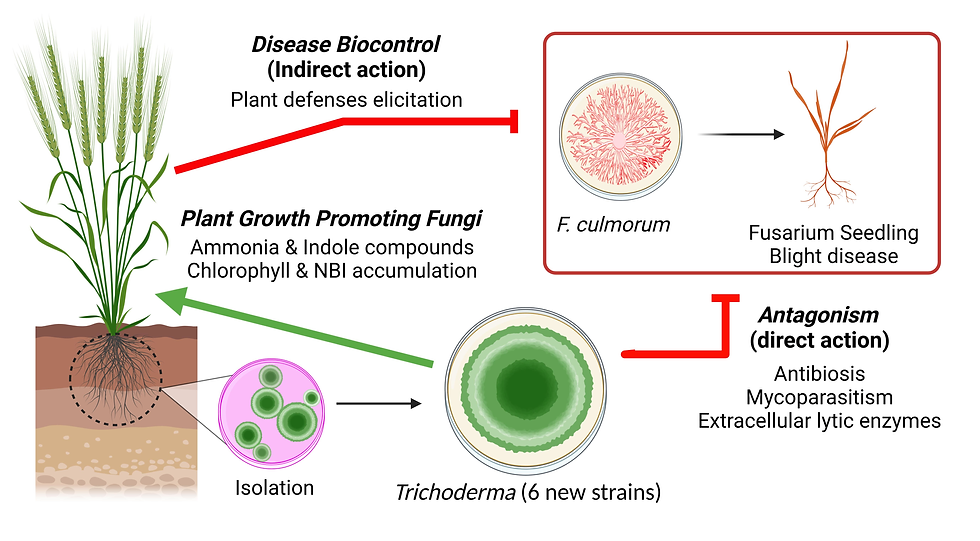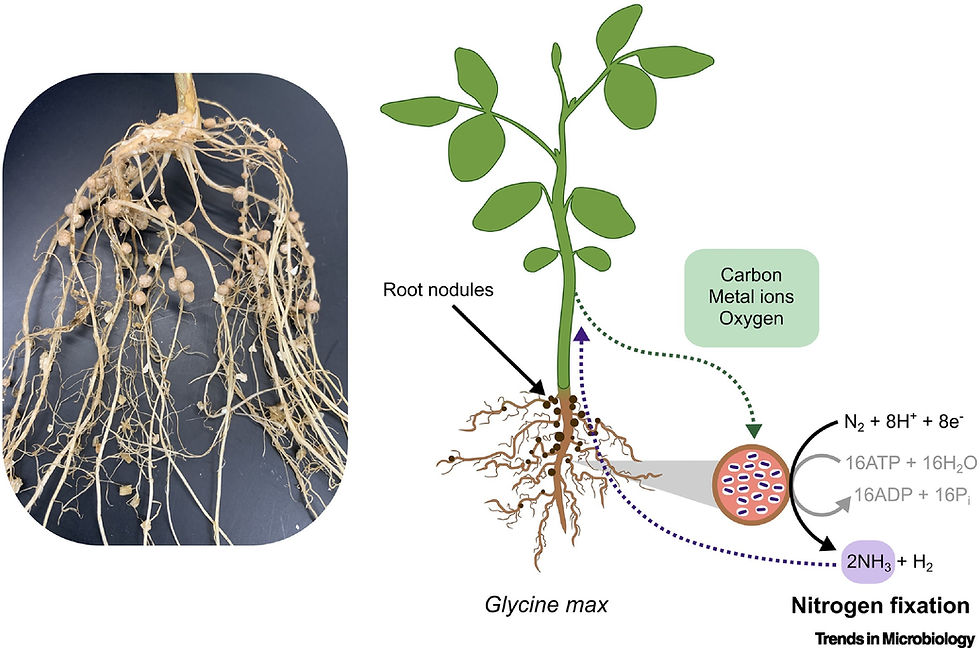Organic fertilizers lend a hand in the fight against overfertilization
- Miguel M.LS.

- Aug 2, 2021
- 2 min read
Updated: Dec 19, 2025
Even though it sounds like everything but a problem for many farmers and gardeners who have to face the increasing nutrient depletion of a lot of the world’s soils, over-fertilization is a serious threat to sustainable agricultural practices and the environment everywhere. Not only by causing nutrient runoff into nearby rivers and lakes (with its well-known destabilizing and eventually deadly effects in the life of these ecosystems), but also by increasing the acidity of the soil and reducing the capacity of plants to hold water, burning leaves and roots, and generating high amounts of nitrous oxide (N2O), overfertilization is a serious concern that isn’t being addressed as much as it should. In 2019, a study noted that plants use only up to 50% of all the nitrogen and phosphorus solubilising that is provided to them by fertilizers unless they are grown and fertilized using specific conservation techniques, and their growth is paired with that of microorganisms such as mycorrhizal fungi and bacteria.

Yes, somebody probably paid for the nutrients that are feeding all those algae in the lake!
The major characteristic driving most cases of overfertilization is the unnaturally high solubility of nutrients in inorganic fertilizers. Because they must be presented in a way that makes them readily available to plants (as producers cannot count on soil microorganisms to transform them into available nutrients gradually), nutrients in inorganic fertilizers tend to be easily carried away with water from irrigation or rain, as well as presented in the form of soluble salts, responsible for causing hydric stress to plants. Organic fertilizers, in contrast, work slowly and slowly release their nutrients through the microbial action of the myriad organisms that thrive in healthy soil. They release these nutrients in such a way that the plants can gradually take them as they need them, thus reducing the waste of nutrients and ultimately leading to larger yields, according to studies made for zucchini, chives, and carrots. Though they are still not perfect and moderation is necessary, one thing is certain: the balance clearly shifts in favor of organic fertilizers when overfertilization is a risk at bay.



Comments